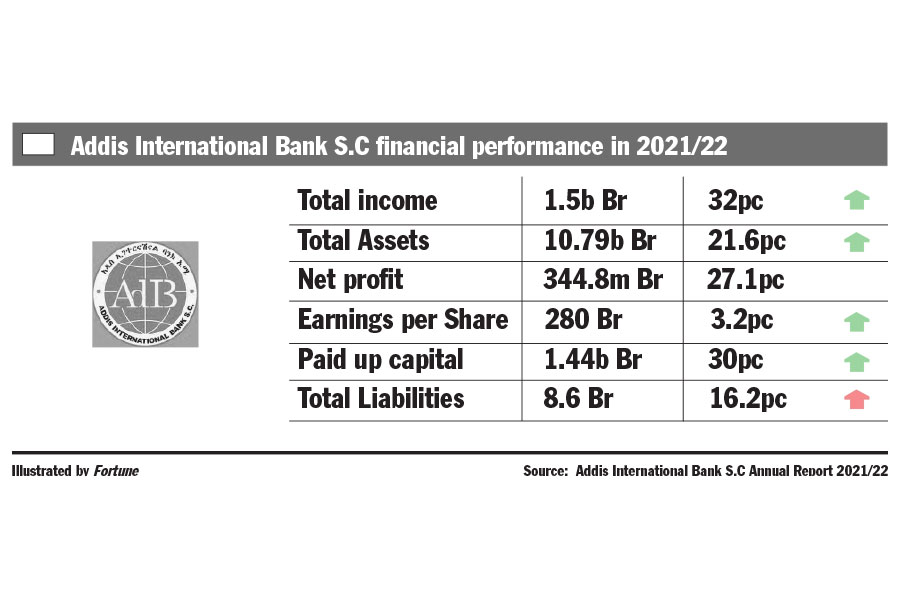
News Analysis | Apr 22,2023
Dec 7 , 2019
By YOSEPH MERGU ( FORTUNE STAFF WRITER )
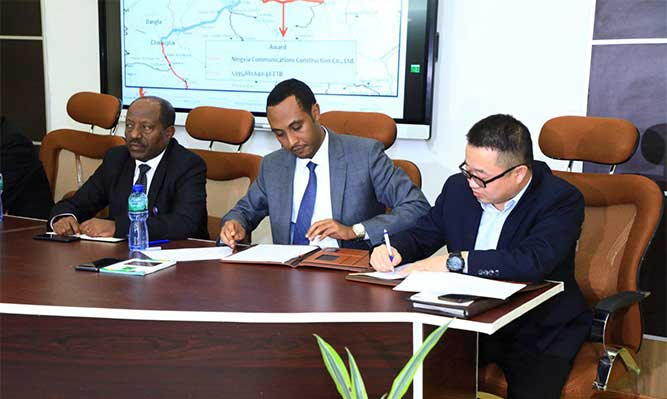 The signing ceremony of 6.1 billion Birr worth of road projects between Habtamu Tegegne, head of the Ethiopia Roads Authority and representatives of the several contractors.
The signing ceremony of 6.1 billion Birr worth of road projects between Habtamu Tegegne, head of the Ethiopia Roads Authority and representatives of the several contractors. The government has decided to invest 6.1 billion Br to construct four roads with a total length of 299Km in four regional states.
The Ethiopian Roads Authority (ERA) awarded four companies on December 5, 2019, to carry out the projects in Amhara, SNNPR, Oromia and Somali regional states. The agreements for the construction contracts were signed between Habtamu Tegegne, head of the Authority, and representatives of the contractors.
While the government will fund three of the projects, one of them will jointly be financed by the Arab Bank for Economic Development in Africa (BADEA), the OPEC Fund for International Development (OFID) and the Ethiopian government. For the road that extends from Hamusit to Estie, BADEA, OFID and the government will contribute 35.2pc, 47.6pc and 17.2pc of the cost, respectively.
Located in the northern part of the Amhara Region, the Hamusit to Estie road project is located 595Km from the capital. This 76.6Km-long road project is expected to be upgraded from the existing gravel road to asphalt concrete at a cost of 1.4 billion Br.
Ningxia Communication Construction has signed a contract agreement to complete the road within three years. Hatem & AL-Amin Consulting Engineering and Core Consulting will consult and supervise the contractor. The road will have a seven-metre width including the shoulders. It will have seven new bridges and 116 culverts.
The second road, Fisiha Genet-Kele-Segen-Gebelbano, starts from Chulese and stretches 90Km to Soyama. It will pass by Buji Wereda and Soyama, the administrative seat, and end up around Segen River nearby Segen Valley.
The construction of the 79.5Km-long Chulese-Soyama asphalt concrete road is expected to cost 1.8 billion Br. The road will be constructed by Chinese Railway 14th and the bid to select the consultant is in the process of being carried out. This road, which will have 40m and seven-metre widths in the urban and rural areas, respectively, will be financed by the Ethiopian government, and it is expected to be completed within 39 months.
The third road, Adiale-Girawa, which is located 501Km from the capital, is located in East Hararge, Oromia Regional State. This 55Km-long asphalt concrete road is expected to cost 1.4 billion Br. The road will be constructed by Hibe China Construction Company, and the bid to select the consultant is in progress.
Once the road becomes operational, it will connect Adiale, Qore, Amber, Bifetu, Dawee, Qurefa, Oramitu and Girawa towns. This road will have a width of 19m in the urban areas and seven metres in the rural area including the shoulders.
The fourth, Gode-Kelafo road located in Somali Regional State, will have a length of 88.5Km, a 10m width in the urban area, and an eight-metre width in the rural area including the shoulders. This road project will connect Gode-Kelafo-Ferfer and is expected to cost 1.5 billion Br. The project is expected to be completed within 42 months.
“The surrounding communities should take the responsibility of providing the contractors with a safe working environment,” Habtamu said, mentioning the safety challenge they are facing because of the current instability.
The representatives from the areas of the road projects confirmed during the signing ceremony that they will provide safe working conditions to the contractors.
“This road project will be very helpful to facilitate the trade flow to Dila and Arbaminch,” said a representative from Burji Wereda, where the second road project is being implemented.
The place is known for the production of sesame, maize, teffand fruit.
Ethiopia has been increasing its road network. Expanding at an annual rate of 5.5pc, the length of paved roads reached 126,773Km in the last fiscal year. Last year alone, the government spent 33.1 billion Br to construct and maintain roads, a 2.4pc increase from the previous year.
“Roads have a pivotal role in transporting perishable products to the market on time,” said Getie Andualem (PhD), a lecturer at Addis Abeba University's College of Business & Economics.
When there is a scarcity of some items in one area, roads have an immense value to carry the items from a place where there is production, according to the expert.
"This will help stabilise the market as a result," the expert added.
PUBLISHED ON
Dec 07,2019 [ VOL
20 , NO
1023]

News Analysis | Apr 22,2023
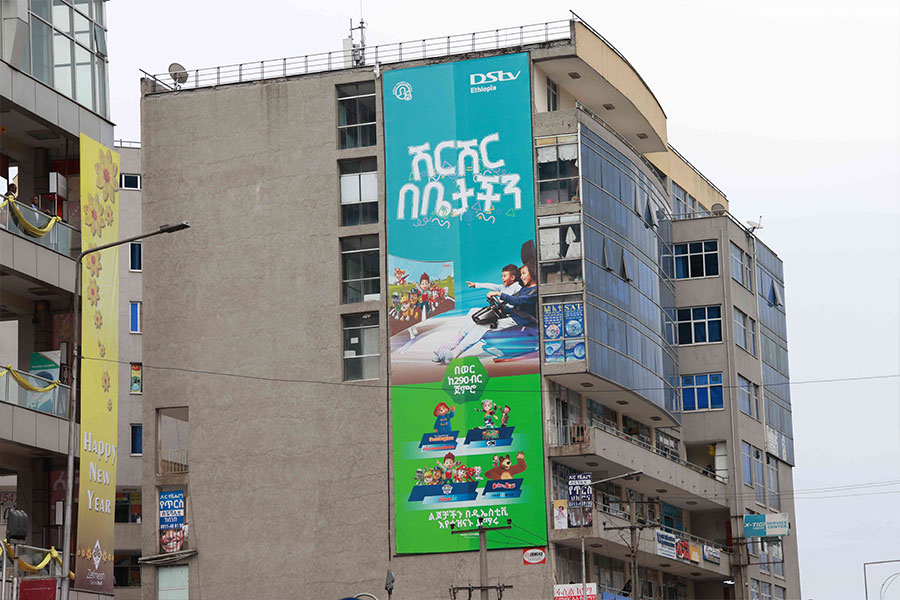
Fortune News | Oct 28,2023

Radar | Nov 27,2018
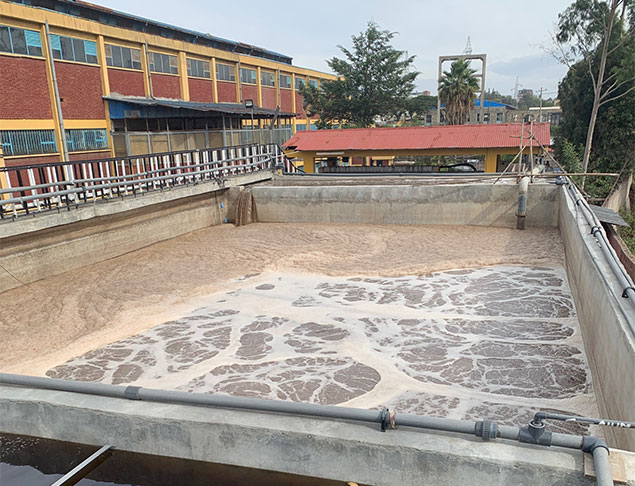
Fortune News | Apr 26,2019

Radar | Dec 17,2022
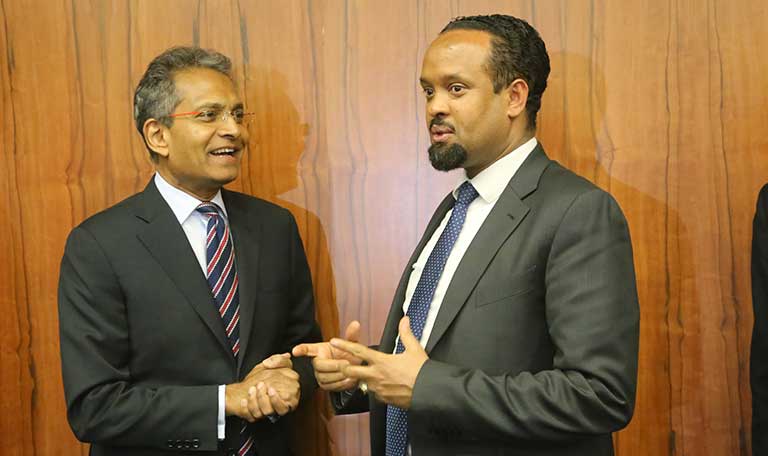
Fortune News | Oct 19,2019

Fortune News | Feb 24,2024
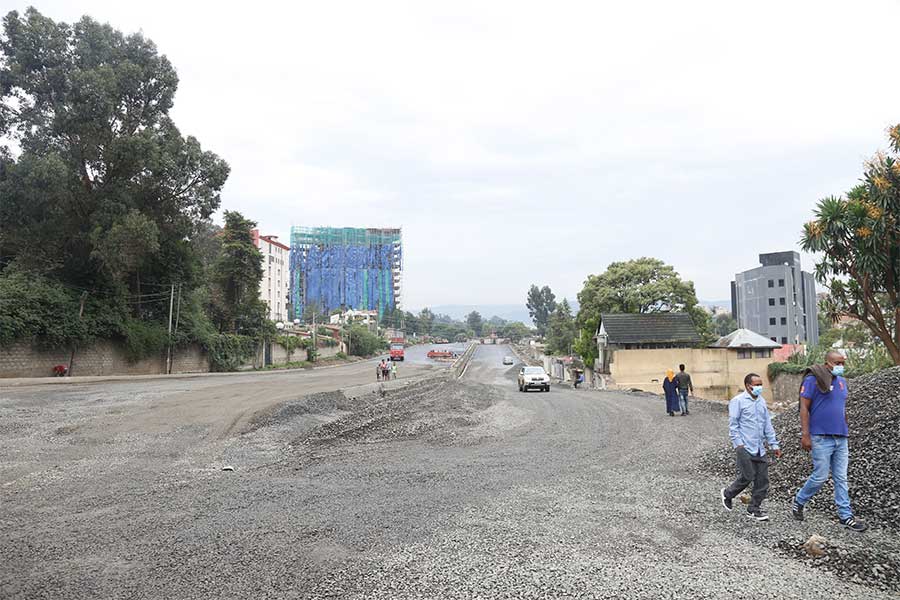
Radar | Jun 07,2020

Editorial | Dec 29,2018

Radar | Aug 31,2019

Dec 22 , 2024 . By TIZITA SHEWAFERAW
Charged with transforming colossal state-owned enterprises into modern and competitiv...

Aug 18 , 2024 . By AKSAH ITALO
Although predictable Yonas Zerihun's job in the ride-hailing service is not immune to...

Jul 28 , 2024 . By TIZITA SHEWAFERAW
Unhabitual, perhaps too many, Samuel Gebreyohannes, 38, used to occasionally enjoy a couple of beers at breakfast. However, he recently swit...

Jul 13 , 2024 . By AKSAH ITALO
Investors who rely on tractors, trucks, and field vehicles for commuting, transporting commodities, and f...

Oct 11 , 2025
Ladislas Farago, a roving Associated Press (AP) correspondent, arrived in Ethiopia in...

Oct 4 , 2025
Eyob Tekalegn (PhD) had been in the Governor's chair for only weeks when, on Septembe...

Sep 27 , 2025
Four years into an experiment with “shock therapy” in education, the national moo...

Sep 20 , 2025
Getachew Reda's return to the national stage was always going to stir attention. Once...